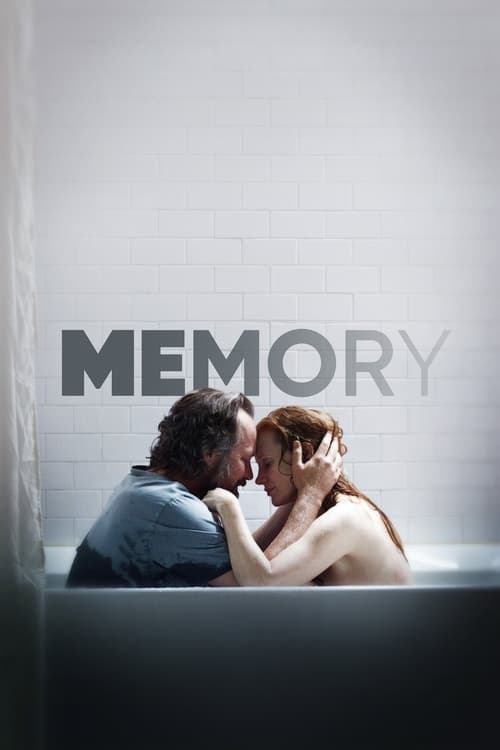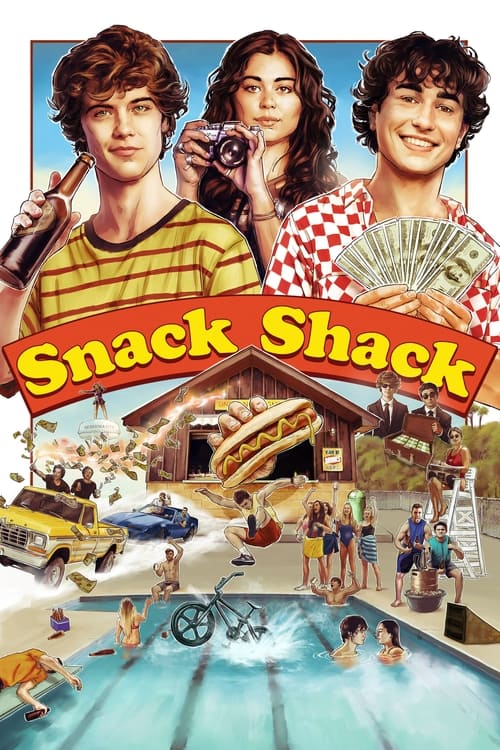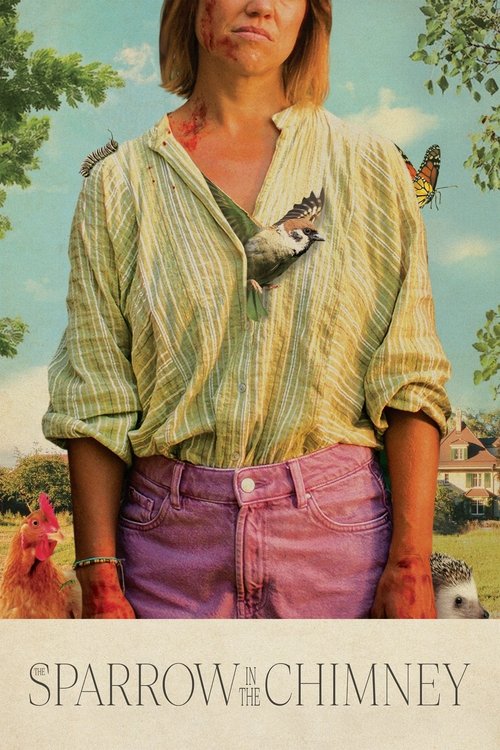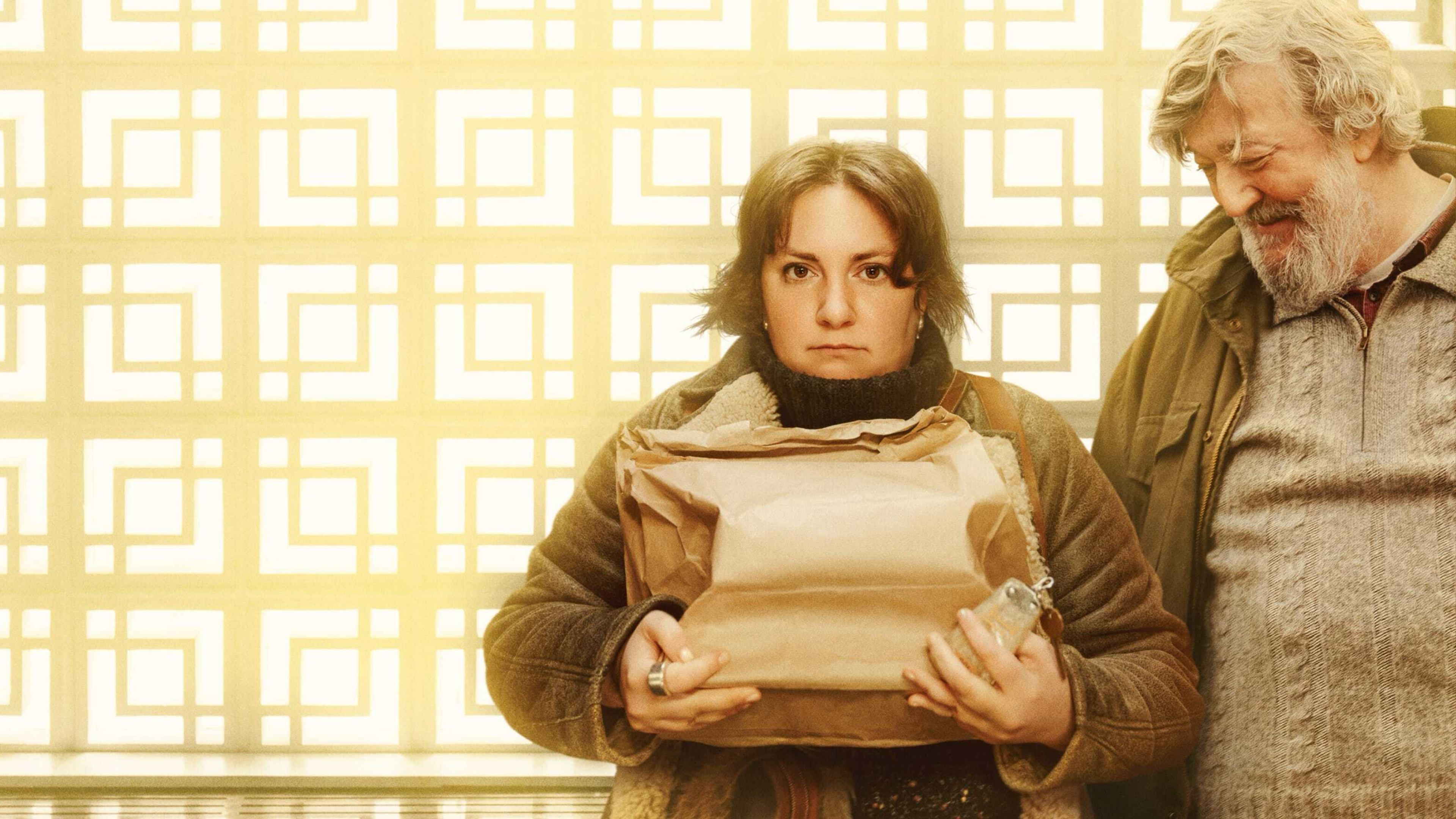
2024
Treasure
Drama, Comedy
7.0
User Score
42 Votes
Status
Released
Language
en
Budget
$2.000.000
Production
Seven Elephants, Good Thing Going, Haïku Films, FilmNation Entertainment, Lava Films, Alamode Filmproduktion, Magic Media, Kings & Queens Filmproduktion, ARTE, Creative Europe Media, Haut et Court
Overview
A music journalist accompanies her father, a charmingly stubborn Holocaust survivor, on a journey to his homeland. While she's eager to make sense of her family's past, her dad has an agenda of his own.
Review
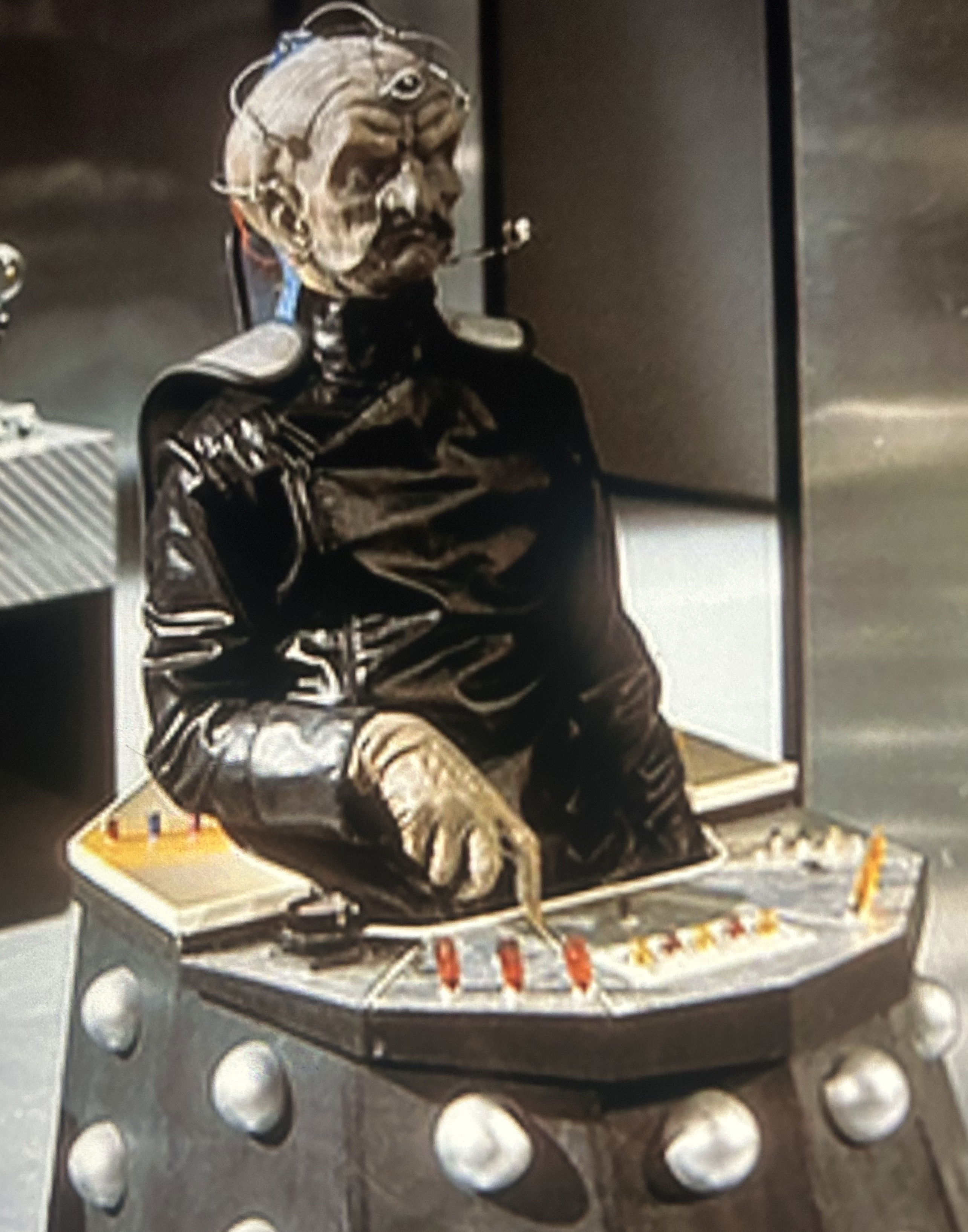
Geronimo1967
7.0
American journalist "Ruth" (Lena Dunham) had long planned a trip from the USA to her ancestral home in Poland only to find her effervescent father "Edek" (Stephen Fry) has decided to join her. A fluent speaker and full of a slightly annoying joie de vivre, they embark on a trip to the tourist sites, but that's not what she wants. She wants to head to the family home in Łódź where they were a successful industrial family before the Nazi's confiscated their wealth, property and sent "Edek" and his wife to Auschwitz. What is clear is that dad is not so keen on this itinerary, nor is he at all keen on train travel - and the remainder of the film takes us on a family journey that will open the eyes of the daughter whilst bringing back the demons for the father. This tries quite effectively at times to introduce some humour into what is quite an emotional topic, especially when their trip does eventually take them (and us) to his haunting place of incarceration where he finds a flood of memories readily come back to him. Fry over-eggs the accent a bit, but he does manage to convey something of the harrowing nature of his incarceration, and of his mind's determination to protect itself from opening that door to trauma again. Dunham also serves well enough as his independently-minded daughter to support that increasingly troubled characterisation. It's quite a poignant drama that encourages us, as D-Day 80 is still fresh in the mind - to imagine the horrors visited on the Polish people by the Nazis and to realise that in many cases (this is set in 1991) their houses and businesses were still pretty much as they were left in 1941 - only largely dilapidated and with new, poverty-stricken occupants. I did rather like the conclusion - it poses quite an interesting question about what we might do in her place. As a drama, it maybe doesn't need the cinema, but the photography at the now silenced death camp is still blood-curdling.
Read More 

